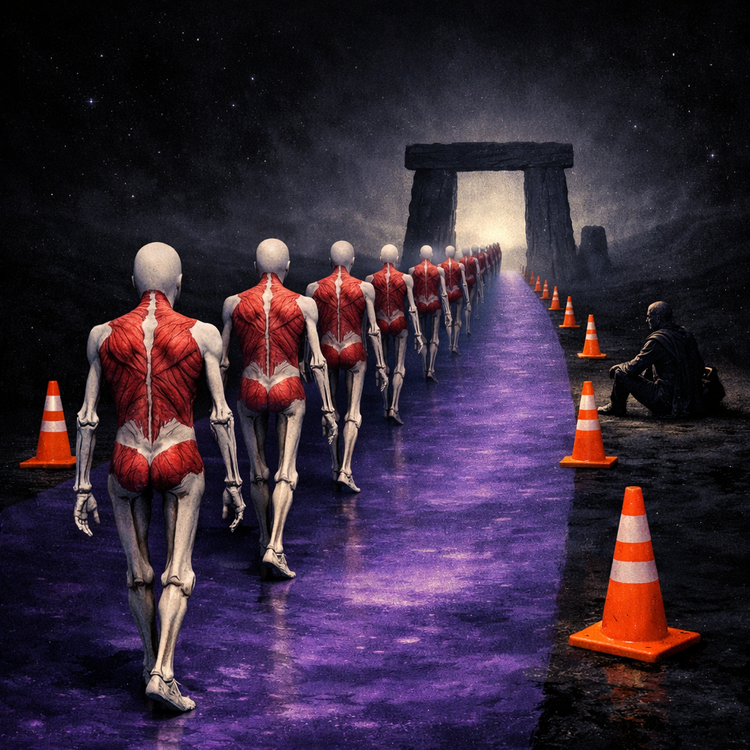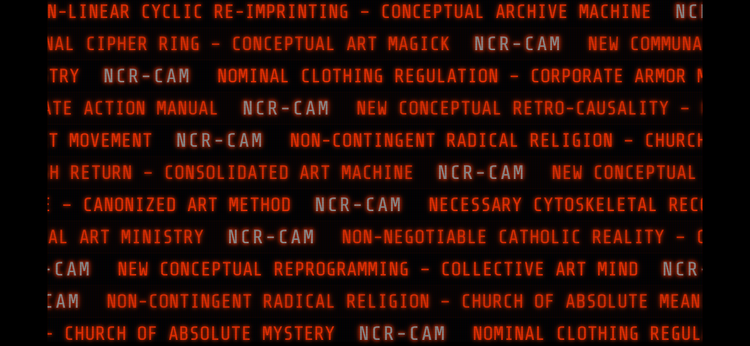Why journal? Why chronicle? Why write or read another’s travelogues… The mere idea…

That a travel or journey need be documented for future explorers to recount, demonstrates the hubris of mankind to… tell you about their journey?!
I guess if it’s some harrowing experience I’d rather not have gone through; great! Thanks for living through it to tale the tale!

“Can I have a summary of it all or if it’s so worthwhile s tale; can I watch the film they made it into”

In the end, what we are asked of by these writers of “chronicles”/travelogues end up reading as journals of meander-ers trying to account their own travels… of what? As per above; is it a summarize-able or film or tv saga worthy tale? No? Then why are you exhausting precious human energy to write nonsense/diaries… merely because you’re famous or had a notable life and you imagine your travel tales or ponderings or sorrows or joys are worthy of a future read by someone else?

“Day 37: the seas were rough… I ate gull again. No freedom from the relentless heat of the sun.”

Do we really need these chronicles? No; let’s all agree - they were for the people writing them…
Some of the most famous are great reads, sure…

the reader gets to parallel or learn from the writer’s journey/ journaling…
but with these few as exceptions.. no one needs to read someone’s travelogues; we all have time for better things; PLEASE
Possible Caveats;
1. "Travels with Charley" by John Steinbeck: A travelogue that chronicles Steinbeck's road trip across America with his dog Charley.
2. "On the Road" by Jack Kerouac: A classic travelogue that documents Kerouac's travels across America and his encounters with various people along the way.
3. "The Motorcycle Diaries" by Ernesto Che Guevara: A travelogue that recounts Che Guevara's motorcycle journey across South America in the 1950s, which helped shape his political views.
4. "In Patagonia" by Bruce Chatwin: A travelogue that follows Chatwin's journey through Patagonia, a remote region in South America.
5. "A Walk in the Woods" by Bill Bryson: A humorous travelogue that describes Bryson's attempt to hike the Appalachian Trail with his friend.
6. "Eat, Pray, Love" by Elizabeth Gilbert: A memoir and travelogue that follows Gilbert's journey of self-discovery through Italy, India, and Indonesia.
7. "The Great Railway Bazaar" by Paul Theroux: A travelogue that chronicles Theroux's journey by train through Asia.
8. "The Innocents Abroad" by Mark Twain: A travelogue that recounts Twain's trip to Europe and the Middle East with a group of American tourists.
*9. "Kon-Tiki" by Thor Heyerdahl: A travelogue that details Heyerdahl's voyage across the Pacific on a balsa wood raft to prove that South Americans could have settled Polynesia in pre-Columbian times.
10. "Seven Years in Tibet" by Heinrich Harrer: A memoir and travelogue that recounts Harrer's experiences living in Tibet and his friendship with the Dalai Lama.
*But all film adaptations of kon-tiki are either terrible and awful, or that is part of their explicit design as a filmographic experience of what a crap time that ridiculously long recreation voyage must have been… that we “thank god” get to see condensed down into a digestible film experience, rather than having to live through what reads like was probably some of the worst time ever… on a raft?
Here are some famous extracts from the "Kon-Tiki" chronicles by Thor Heyerdahl:
1. "I experienced by far the greatest moment of my life when we anchored in the lagoon at Raroia. A violent upheaval shook the whole of my being, and I felt myself suddenly born anew. I breathed in the fresh salt air and felt at home."
2. "Aboard the Kon-Tiki, we were all equals. We were all working together towards a common goal, and our success or failure depended on our ability to work together as a team."
3. "I had come to the conclusion that it was necessary to build a balsa wood raft and set sail across the Pacific in order to prove that the ancient South Americans could have settled Polynesia. It was a crazy idea, but I was convinced that it could be done."

4. "The ocean was our enemy, and we had to fight it every inch of the way. But we were determined to succeed, and we did."
5. "The Kon-Tiki was not just a raft, it was a symbol of human determination and courage. It proved that anything is possible if you have the will to succeed."
6. "We were all tired and hungry, but the sight of land in the distance gave us renewed strength. We had accomplished something that no one had ever done before, and it was a great feeling."
7. "The journey on the Kon-Tiki was not just a physical adventure, it was a spiritual one as well. It taught me the value of perseverance, teamwork, and the human spirit."
This is what I mean… why… journal? It’s kinda absurd…

But maybe there’s beautiful nature to that part of humanity…
Yes, there is a certain beauty and absurdism in humanity's attempts to recreate and re-chronicle their own past journeys. On the one hand, these attempts can be seen as a celebration of human ingenuity and the desire to explore and understand the world around us. However, they can also be seen as a recognition of the limits of our knowledge and understanding, and the impossibility of ever fully replicating the experiences of those who came before us.
In some ways, the act of recreating and re-chronicling past journeys can be seen as a form of nostalgia or a longing for a simpler time when the world was less complex and knowingly horrific. It can also be seen as a way of honoring the achievements of those who came before us and celebrating their spirit of adventure and exploration? It’s a plus see, this writing is evidence that chronicles aren’t just wasted time? Jokes aside….

At the same time, these attempts can also highlight the absurdity of our own efforts to understand the past and our place in it. Each money of a chroniclers tale is just some transitory thought or maybe something they felt had meaning. As much as we try to recreate and understand the experiences of those who came before us, we can never fully capture the complexity and nuance of their world or fully comprehend the motivations and intentions.

In this way, the attempt to recreate and re-chronicle past journeys can be seen as a kind of beautiful absurdism, a recognition of our own limitations and the impossibility of ever fully understanding the world around us.
Beautiful abstract absurdity is a pretty good “ideal” for humanity to be remembered by, so I suppose travelogues and storytelling isn’t all a waste! 😜







Member discussion